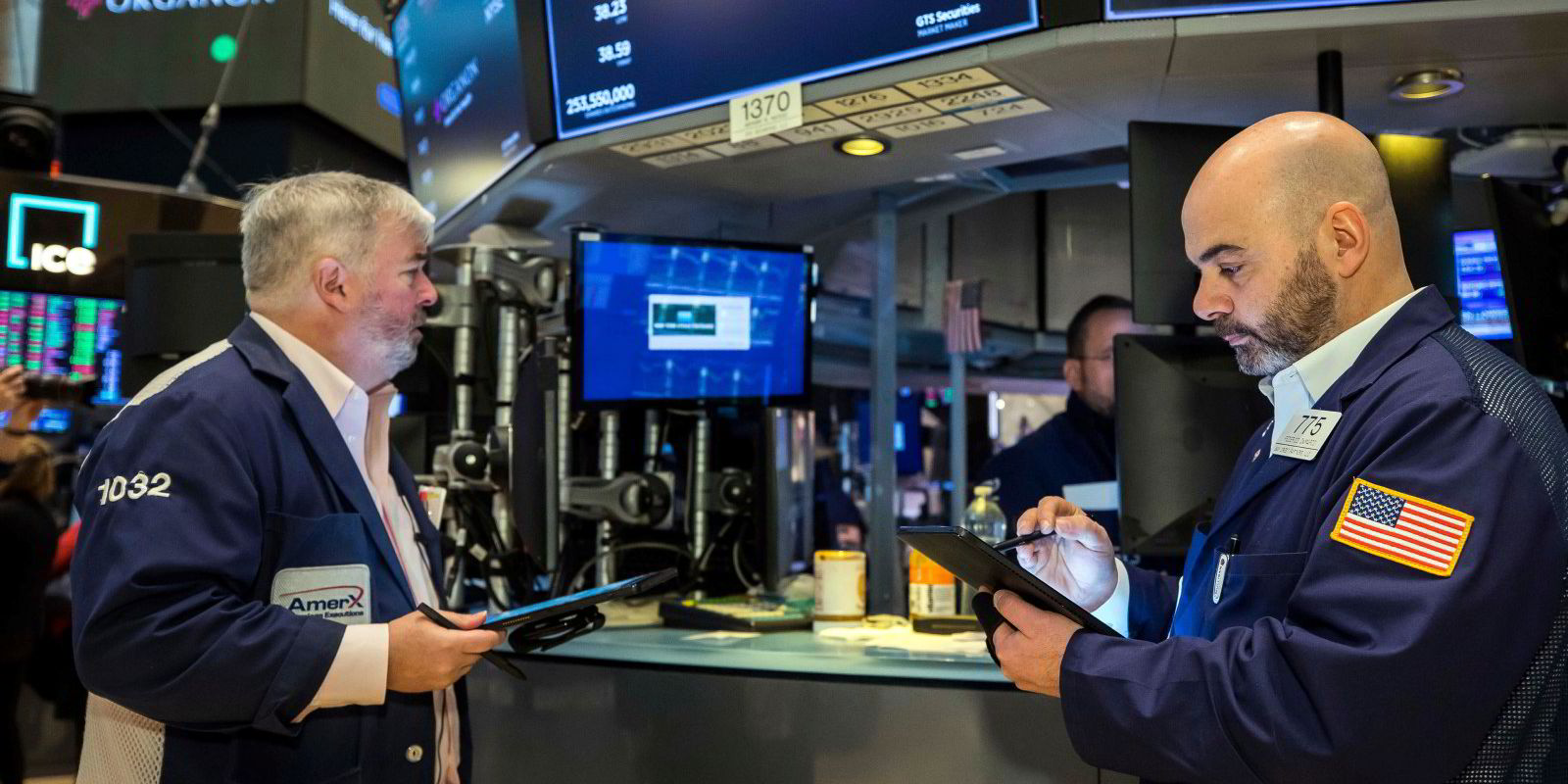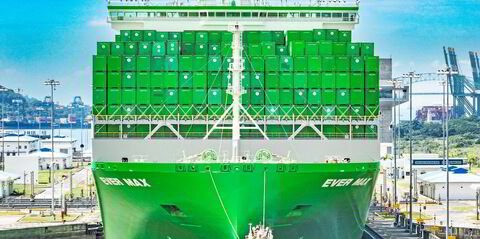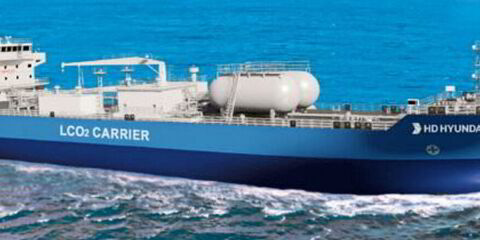Shipping and energy industry pundits have played down the impact of a possible US ban on oil imports from Russia.
But they said the potential for a similar move from Europe, while much less likely, could deliver a far more significant blow that could help boost the tanker sector.
The talk over whether energy exports could be the next target of evolving sanctions against Moscow’s invasion of neighbouring Ukraine shifted into a higher gear after US Secretary of State Antony Blinken said on Sunday that Washington was in talks with European allies about banning Russian oil.
Europe is a much larger consumer of Russian volumes than the US, but Reuters reported that countries on the continent have grown more open to the measures.
Analysts tracking the shipping and energy sectors have said in recent days that a unilateral ban by the US would have limited impact, with the country importing just 100,000 barrels per day of oil from Russia.
But European imports are a different story.
“If the US can encourage Europe to participate in the embargo, the continent would be blocking about 3.8m bpd monthly average of Russian crude imports,” said Louise Dickson, a senior oil market analyst at consultancy Rystad Energy.
Kazakh and Azeri volumes
The move could also put at risk oil produced in Kazakhstan and Azerbaijan, which is delivered to European markets via pipelines that travel through Russia.
But the analyst believes it is unlikely that European nations would cut off the taps.
“The daily operations at many European refineries rely on a Russian crude diet, mainly imports of Urals,” Dickson said in the firm’s daily market commentary, referring to the grade of crude produced in Russia that blends heavy sour oil from the Urals and Volga regions with light oil from Western Siberia.
Italy, the Netherlands, France, Romania and Poland are major buyers of Russian crude. Dickson said they are continuing to pull in cargoes that were fixed before Moscow sent its troops into Ukraine, according to Rystad.
Shell’s ‘difficult decision’
But over the weekend, Shell said that it made the “difficult decision” to purchase a cargo of Russian Urals crude.
“Our refineries produce petrol and diesel as well as other products that people rely on every day,” the company said. “To be clear, without an uninterrupted supply of crude oil to refineries, the energy industry cannot assure the continued provision of essential products to people across Europe over the weeks ahead.”

The potential for US and European bans on Russian crude pushed the price of oil to the highest point since 2008 on Monday.
If Europe backs away from Russian crude and oil products, it could have a positive impact on tankers as buyers source cargoes from further afield.
While Erik Broekhuizen, manager of marine research and consulting at shipbroker Poten & Partners, said that while US sanctions on Russian oil would have a limited impact on tankers, a similar move by Europe could cause dislocations for product and crude sectors.
European buyers could first turn to the refined products market to replace Russian barrels, boosting the clean tanker market in the short term.
Turning to Opec to replace Russian crude could boost VLCCs, although it would hurt aframax and suezmax tankers. But since Russia’s terminals don’t support VLCCs, if the company shifts exports to China, tonne-miles could lengthen for suezmaxes and, to a lesser extent, aframaxes.
“Rates would likely go up, as would tonne-miles, because of the dislocations that a ban on Russian imports will cause,” Broekhuizen told TradeWinds on Monday.
But much depends on whether Opec countries, which have had trouble fulfilling existing production increases, would be able to come to the rescue.
Robert Boles, the head of the suezmax tanker desk at shipbroker Simpson Spence Young, said that producers in the Middle East Gulf and West Africa would struggle to ramp up production to meet increased demand from Europe.
“They can’t turn the tap on as easily as they have in the past,” he said.
One key question is whether an agreement with Iran could bring more barrels into the market, but tanker market experts expressed doubts about how quickly that could happen.
Read more
- New York shipping stocks buck trend of falling market indices
- Outlook gloomy: Bimco says Ukraine war will hurt growth in all shipping sectors
- ‘Incredibly firm’: Berge Bulk scraps another capesize as India ups price ideas
- Danica helping Chinese crew get out of Odessa in ‘tense’ situation
- Crude buyers face ‘challenges’ in taking Russian oil shunned by the West





